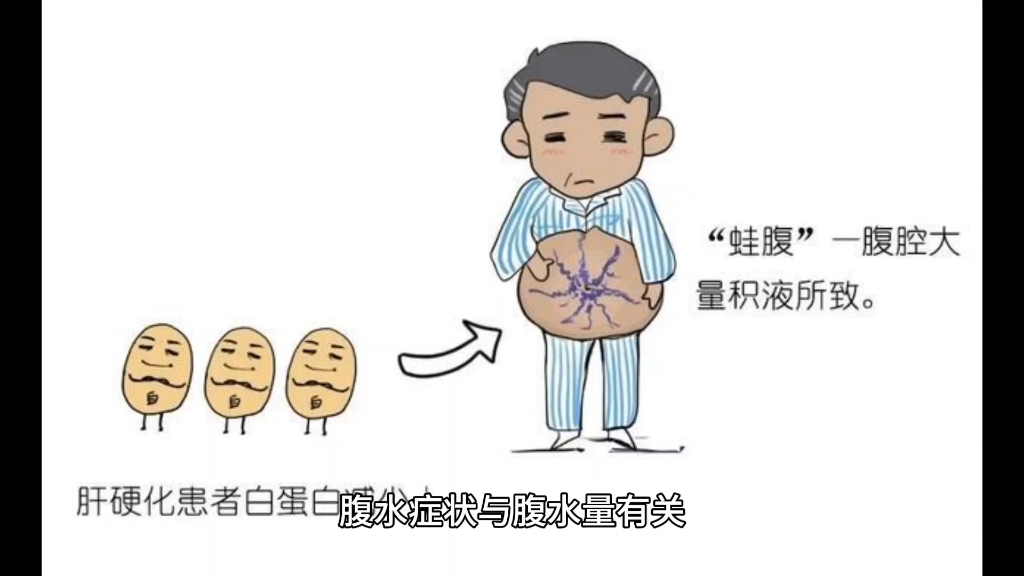
Treating ascites, or the accumulation of fluid in the abdomen, depends on the underlying cause. Here are some common treatment approaches:
1. Diuretics: Medications such as loop diuretics and potassium-sparing diuretics are often used to help the body eliminate excess fluid through urine.
2. Sodium Restriction: Limiting dietary sodium intake can help reduce fluid retention.
3. Paracentesis: In cases of severe ascites, a procedure called paracentesis may be performed to drain excess fluid from the abdomen. This can provide temporary relief from symptoms such as abdominal distension and shortness of breath.
4. Treating the Underlying Cause: Addressing the root cause of ascites is crucial for effective management. This may involve medications, lifestyle changes, or other treatments depending on the specific condition, such as cirrhosis, cancer, or congestive heart failure.
5. Lifestyle Modifications: Maintaining a healthy weight, avoiding alcohol if liver disease is present, and managing any underlying health conditions can help reduce the risk of ascites and its recurrence.
6. Supportive Care: In some cases, supportive care measures such as nutritional support, pain management, and psychological support may be necessary to improve quality of life and manage symptoms.
It's important to work closely with a healthcare professional to develop a personalized treatment plan that addresses the specific needs of your condition. Ascites can be a sign of a serious underlying health issue, so it's crucial to get a proper evaluation and treatment plan from a healthcare professional.











